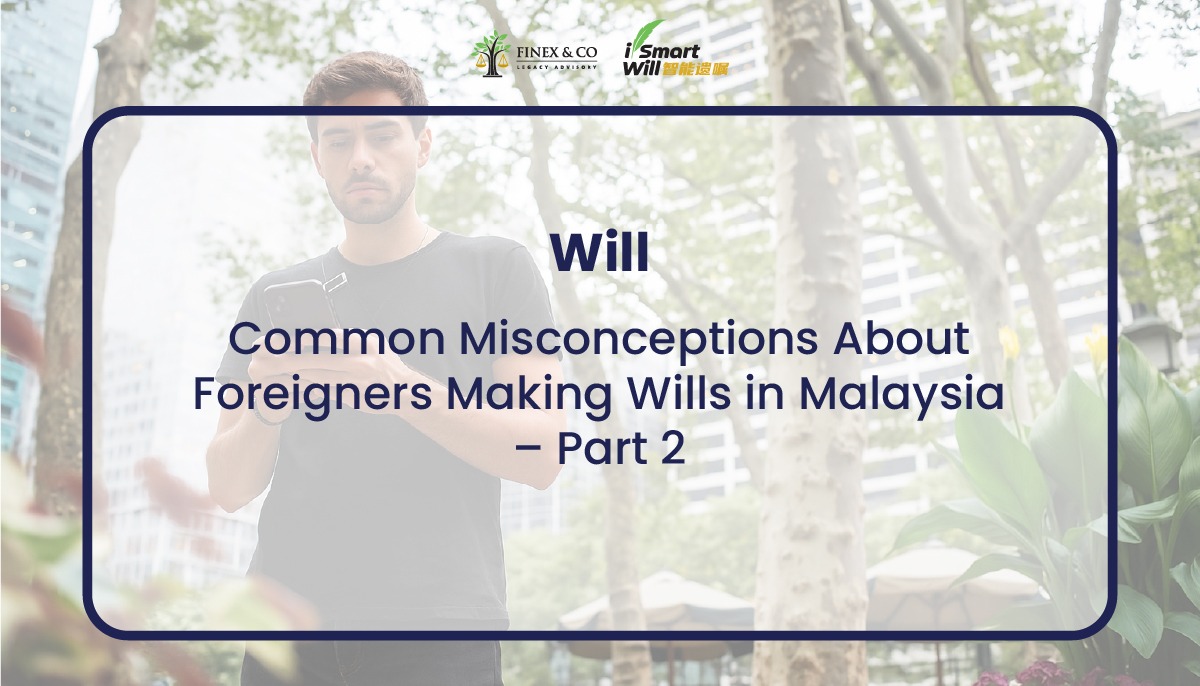In Part 1 of this article, we explained the first five questions that foreigners often ask when making wills in Malaysia, covering issues such as eligibility, the need for a separate Malaysian will, dealing with overseas assets, inheritance by foreign family members, and whether beneficiaries must come to Malaysia.
In this Part 2, we continue with the next five questions to give you a complete overview of the common misconceptions and practical issues foreigners face when planning their estate in Malaysia.
6. Can I appoint a foreigner as my executor?
Yes, the law allows it. However, in practice, a foreign executor may face difficulties in applying for probate in Malaysia, such as the requirement to attend court hearings and handle estate administration in Malaysia. To avoid delays, it is advisable to appoint an executor who is physically based in Malaysia or at least a substitute executor in Malaysia. You can find more details here: Can I appoint a Foreigner as my Executor and include him as my Beneficiary?.
7. Do my witnesses need to be Malaysian citizens?
No. Your witnesses do not have to be Malaysians. They only need to be over 18 years old, of sound mind, and not a beneficiary under the will. You can read more about this topic: Can a Foreigner be my Will’s witness?.
8. Do I need to register or notarise my will in Malaysia?
No, a Malaysian will does not need to be registered, notarised, or stamped in order to be valid. As long as it complies with the Wills Act 1959, it will be enforceable in court.
To comply with the Act, the will must be in writing, signed by the testator, and witnessed by at least two witnesses who are present at the same time. The witnesses must not be beneficiaries under the will.
9. Can I write my will in another language?
Yes, as long as you understand the language. However, if the will is not in English, the court may require an official translation during the probate process. You can learn more here: Can Foreigners write a Will in Malaysia?.
10. What happens if a foreigner dies in Malaysia without a will?
If a non-Muslim foreigner dies in Malaysia without a will, their Malaysian assets will be distributed according to the Distribution Act 1958. The distribution follows a fixed legal formula, which may not reflect the deceased’s personal wishes. This can also cause delays, higher costs, and possible disputes among family members.
This concludes our two-part series on common misconceptions about foreigners making wills in Malaysia. The key takeaway is that while the law generally allows foreigners to make wills here, practical issues can arise if matters are not properly planned. Preparing a Malaysian will ensures smoother administration, reduces delays and costs, and better protects your family’s interests.
You may make an appointment with our legal advisor here: https://calendly.com/finex-and-co-legacy-advisory/tea-talk-with-legal-expert















